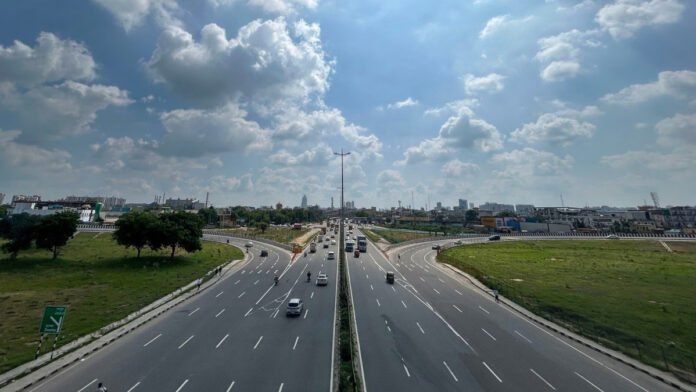The Uttarakhand High Court has ordered a postponement of the public hearing on the ambitious ₹6,500 crore Rispana–Bindal elevated road project, rescheduling it for August 25th. The delay offers temporary relief to nearly 2,500 local residents who have expressed fears of displacement due to the large-scale infrastructure plan.
The Project at a Glance
The Bindal–Rispana elevated road project is one of the biggest urban mobility initiatives planned for Dehradun, aimed at easing traffic congestion across the twin streams that cut through the city. Once completed, it is expected to significantly improve connectivity and reduce travel time within the capital.
However, concerns over land acquisition, rehabilitation, and environmental clearance have sparked strong opposition from community groups and civil society organisations.
Court Intervention
A bench of the High Court observed that the matter required careful consideration of environmental impact and rehabilitation plans before any final clearance could be granted. By pushing the hearing date to August 25th, the court has effectively granted stakeholders—including affected residents—more time to file objections and present their concerns.
Residents’ Concerns
Local residents, many of whom live in settlements along the Bindal and Rispana rivers, fear that the project could lead to widespread evictions without adequate rehabilitation measures. Activists argue that the elevated corridor may also worsen ecological stress in a region already prone to flooding and urban encroachment.
“People are not against development, but they want it to be inclusive and sustainable. The government must address displacement concerns with a clear resettlement plan,” a local activist said.
Government’s Position
State authorities have defended the project, arguing that it will serve as a lifeline for Dehradun’s growing traffic woes and modernise urban infrastructure. Officials maintain that all rehabilitation measures will be taken into account, but acknowledged that detailed hearings were necessary to balance development and public interest.
What Lies Ahead
With the High Court setting the next hearing for August 25th, both residents and government agencies now have a critical window to present evidence and arguments. The decision is likely to shape the future of one of Uttarakhand’s costliest infrastructure projects, which has been hailed as a potential game-changer for Dehradun’s traffic management but also criticised for its social and ecological costs.

















